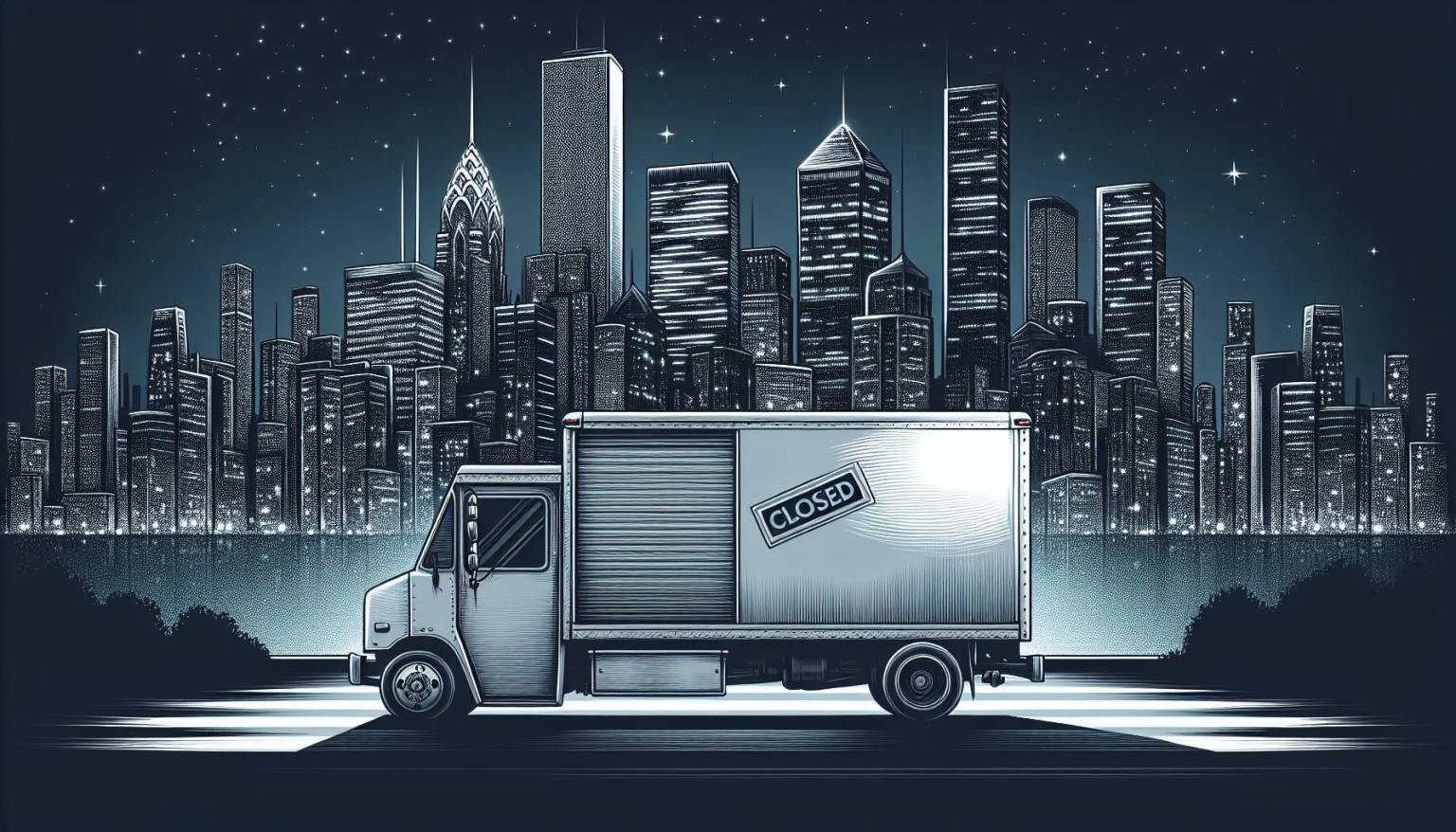ASAP, originally launched as Waitr, a delivery service founded 15 years ago by Acadiana businessman Chris Meaux, has ceased operations. Gaining recognition for its innovative approach to restaurant delivery, the company made a sudden decision to close down, as confirmed by their website. The details of the sudden end remain obscure, raising questions among stakeholders.
Starting from a business incubator in Lake Charles, the firm quickly spread across Louisiana and southeastern United States. Landcadia Holdings, owned by Texas billionaire Tilman Fertitta, purchased it for $308 million in 2018. Post-acquisition, the company experienced significant growth, strengthened market influence, and introduced innovative products that won over a sizable customer base.
Through public listing, the firm went on to acquire a rival, Bite Squad, for a grand sum of $321 million, pushing their market capitalization to over $600 million. However, elements like increased competition and heavy debt slowly chipped away at their growth, leading to a series of layoffs.
A net loss of $73.5 million was reported in the third quarter of 2022, marking the company’s fourth consistent quarter of negative earnings. The share price plummeted by the end of November 2022 due to rising financial distress. Bold measure were taken to recover from this slowdown, including diversifying services and restructuring debt.
ASAP’s abrupt cessation of delivery service
However, the company’s future remained uncertain.
In November 2022, a trademark dispute led to the company’s rebranding as ASAP. Despite the change, the company continued to struggle financially. The trading price per share dropped to a meager 42 cents, leading to potential removal from the Nasdaq Capital Market. Then, the company was downgraded to the OTCQB Venture Market.
The company took strong measures to restructure and was able to marginally improve its share price. However, instability in 2023 caused a relapse. Despite the circumstances, ASAP made successful partnerships to stabilize its financial condition.
Financial difficulties persisted despite attempts at service diversification, performing deliveries of miscellaneous items such as alcohol, clothing, sports accessories, and auto components. The hardships proved too great to recover from, confirming its fate. Eventually, the services of ASAP were forced to come to a halt permanently.

